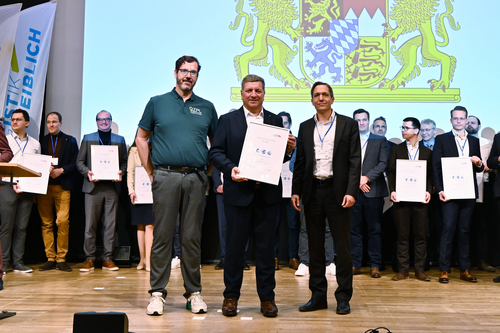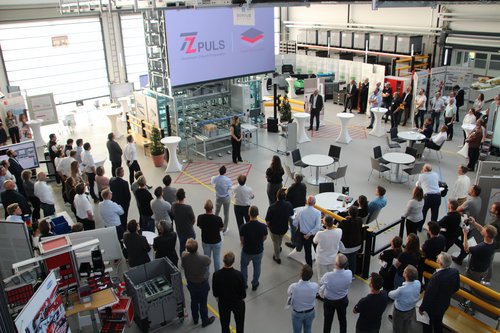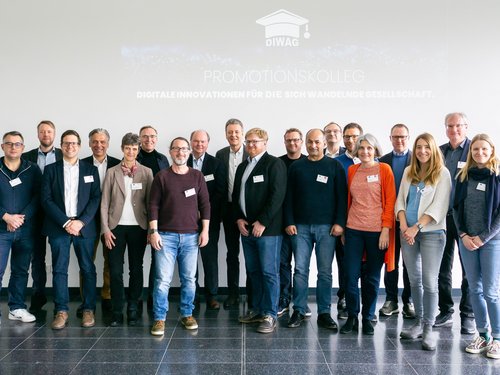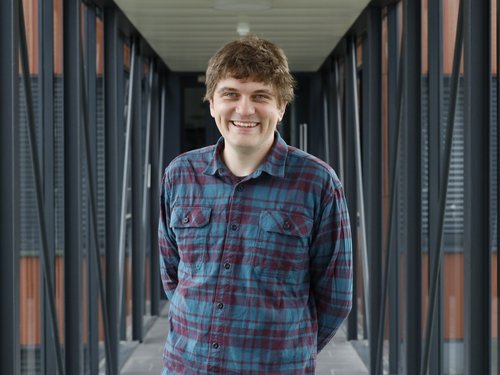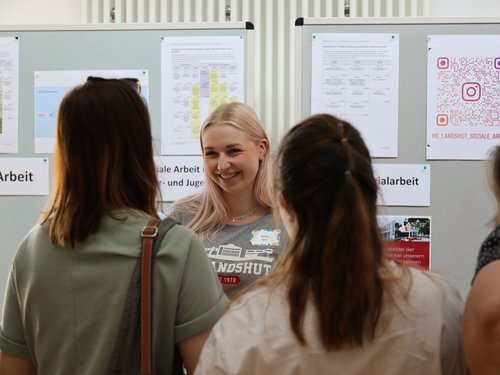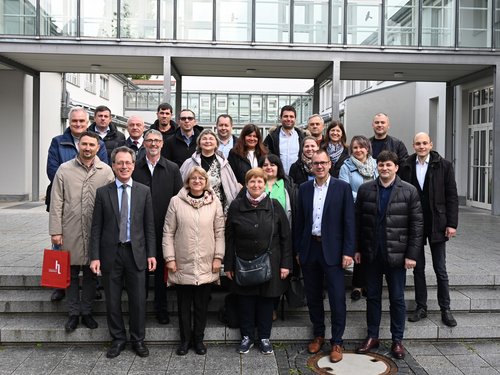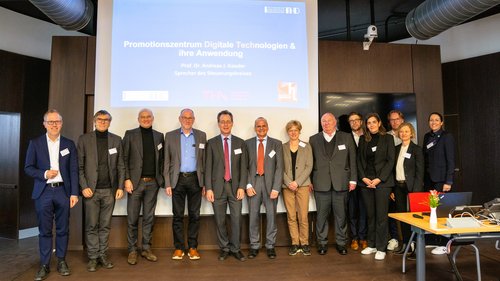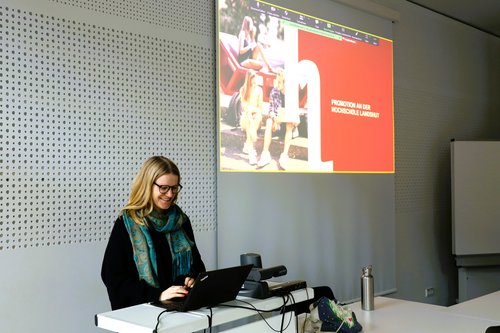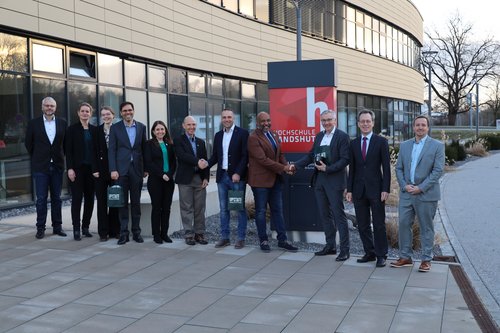Transfer & Cooperation
Innovation through co-operation
Companies, institutions and organisations can generate added value from their collaboration with Landshut University of Applied Sciences in a variety of ways: They benefit from the latest scientific findings, a high level of practical knowledge and practical relevance and the highly qualified graduates of the university. Conversely, the university utilises impulses from practice in order to align its teaching, scientific and further education content with the pulse of the times.
Collaboration with Landshut University of Applied Sciences is worthwhile: companies, institutions and society benefit from joint research projects, the exchange of knowledge and technology transfer, continuing education programmes and contact with students and academics.


Institute for Transfer and Cooperation
The Institute for Transfer and Cooperation (ITZ) serves as the central point of contact for the many opportunities for joint activities in the context of research and transfer at Landshut University of Applied Sciences. Intensive networking with researchers and other contacts at the university, as well as with partners from science, business and society, serves as the basis for promising collaboration.
learn more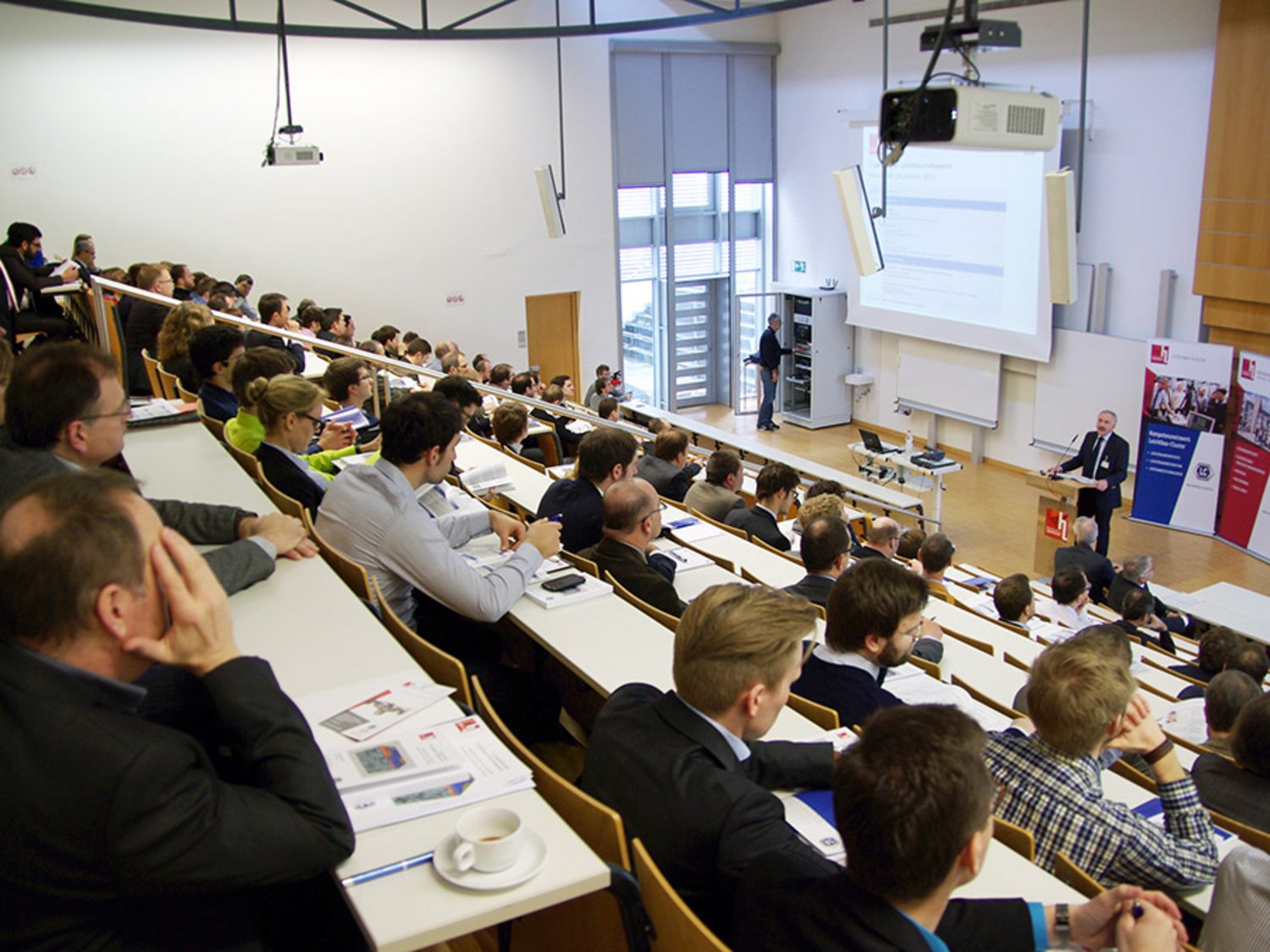
Specialist events as an instrument of transfer
In its events and event series, the Institute for Transfer and Cooperation (ITZ) brings together experts from science, business and society. The latest findings from research and practice are presented and discussed, and participants benefit from valuable personal contacts.
learn more
Cooperative formats
With the involvement of highly qualified professors, doctoral students and employees, the ITZ supports companies, institutions and organisations across universities and faculties. They can derive added value from the co-operation with Landshut University of Applied Sciences in a variety of ways: Developing innovations in joint projects, contact with students and graduates or in commitment to the university.
learn more
Clusters & Networks
The competence networks at Landshut University of Applied Sciences are a valuable instrument for promoting contact between science and industry and exchanging knowledge and expertise. In addition to getting to know potential partner companies, exchanging information and training employees, a wide range of joint projects have been developed by the partners.
learn more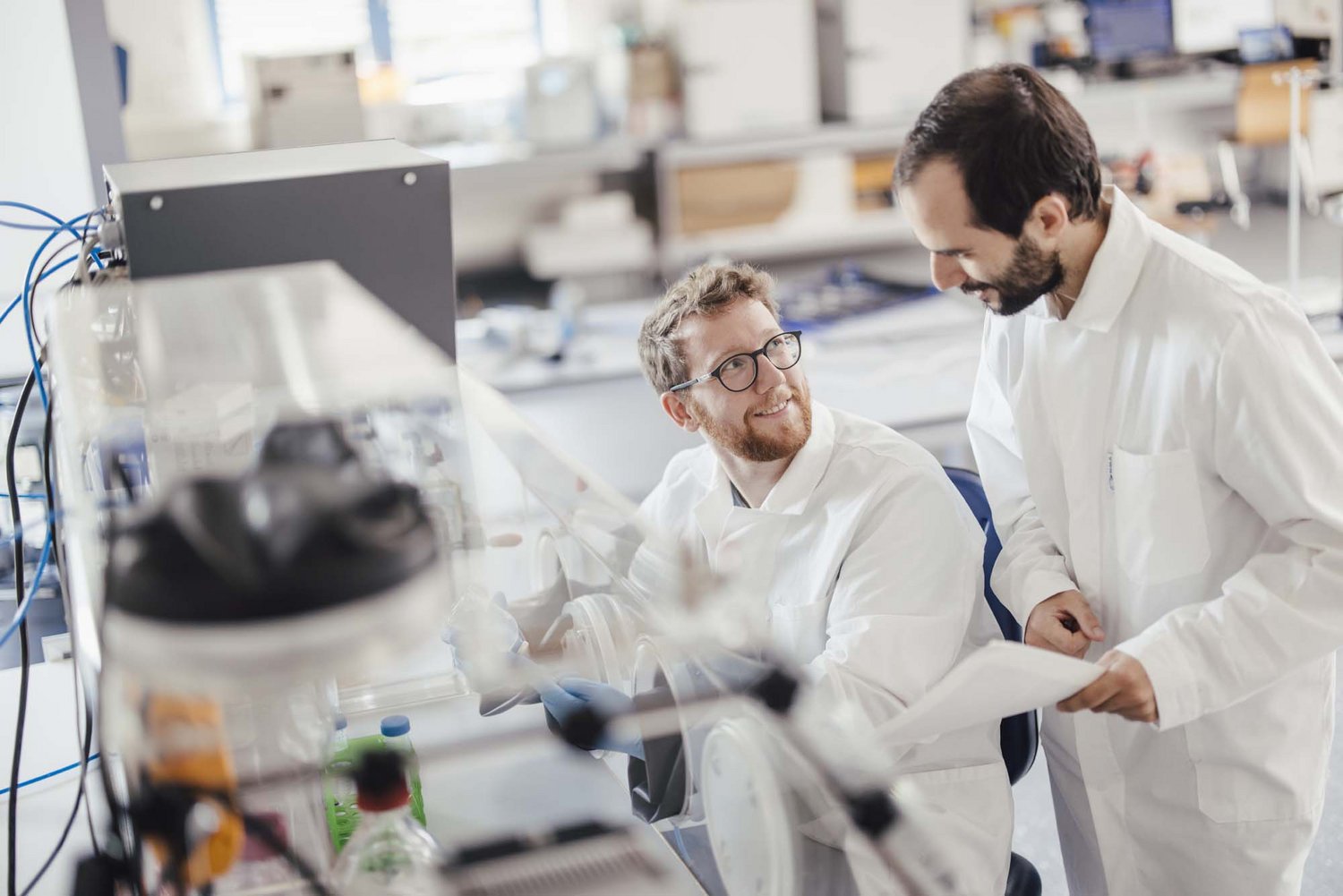
Main research areas
The research focus areas enable cross-disciplinary cooperation and the bundling of expertise at Landshut University of Applied Sciences in subject areas relevant to business and society. Scientific challenges are analysed and addressed from different perspectives. The majority of research projects at Landshut University of Applied Sciences are grouped into the following interdisciplinary research areas: electronics and system integration, energy, data and process science, lightweight construction, medical technology, production and logistics systems, social change and cohesion research.
learn more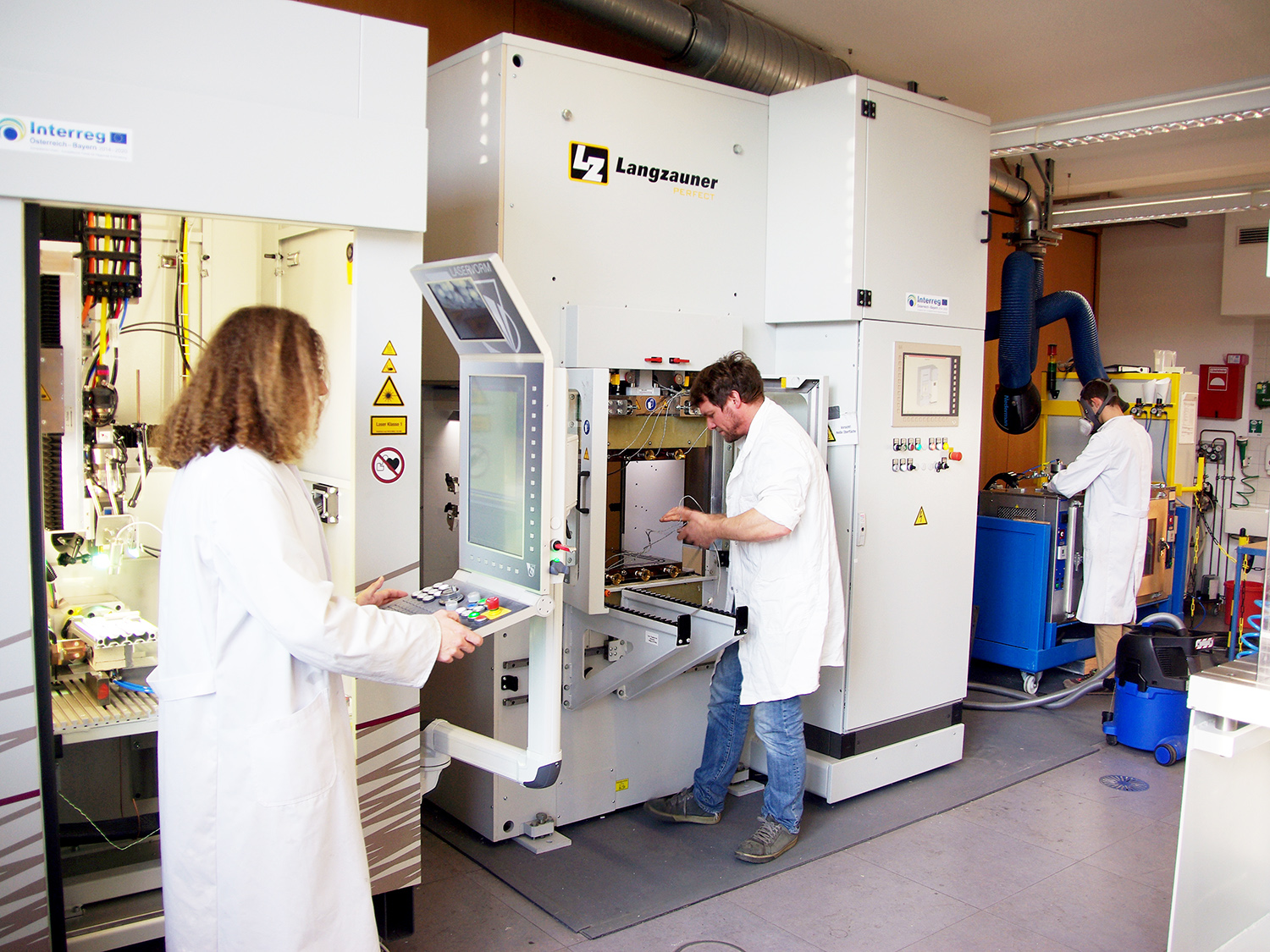
Research facilities
Institutes often form the basis for research in specific subject areas. In most cases, professors who are experts in various specialised subject areas come together here to jointly develop new findings. The institutes, with their scientific staff and modern laboratory equipment, serve the transfer of knowledge and technology as well as applied research.
learn more
Get in touch with us!
Do you have questions about cooperation with Landshut University of Applied Sciences? Do you have topics and challenges in your company where you could benefit from the expertise and know-how available at Landshut University of Applied Sciences? Or do you simply want to be included in the information cycle of Landshut University of Applied Sciences?
Get in touch with the Institute for Transfer and Cooperation or its competence networks Lightweight Construction Cluster, Microsystems Technology Cluster or the Medical Technology Network. Use our contact form or get in touch with us personally. We look forward to hearing from you!
zum Kontaktformular
